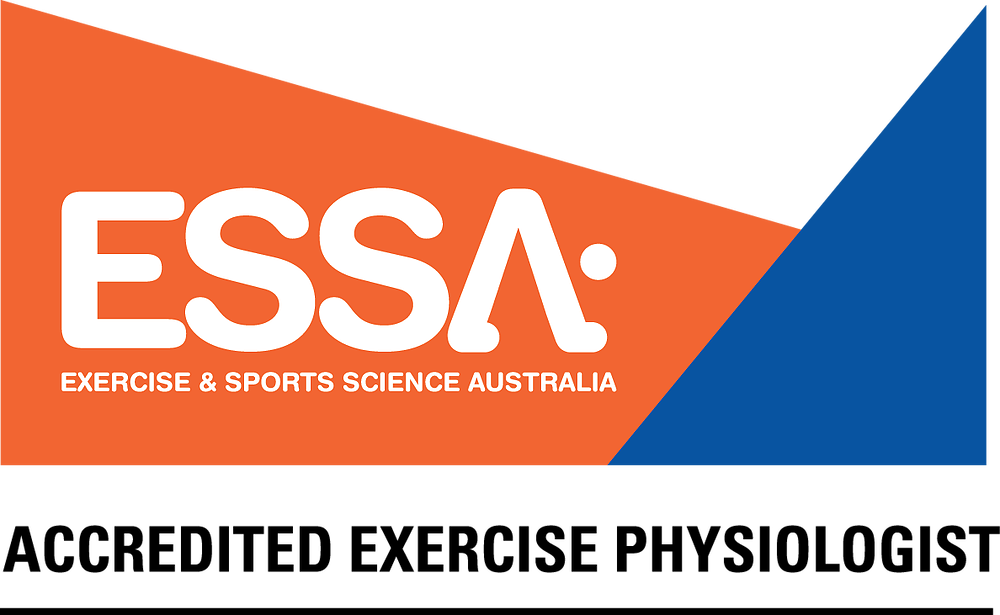What is it?
The medial collateral ligament, or MCL, is the thickening of the fibrous capsule that surrounds the knee joint. It is located on the inside of the knee and provides stability from side to side movements, which would damage the joint. When subject to strong forces the ligament can tear, leading to pain and instability of the knee.
What are the symptoms?
MCL tears typically produce a very specific pain on the inside of your knee. In the first 48 hours after the injury the inside of the knee will appear red, hot and swollen with possible bruising. Many people report hearing a “pop” or “clunk” at the time of injury and may feel as though the knee is about to give way.
The knee is usually painful to put weight on and may feel unstable. This instability may be more noticeable in the days following the injury, after the swelling has subsided. Some people note pain night while lying on the painful side and with activities that involve bending the knee.
How does it happen?
MCL tears can happen in a variety of ways, but most common is where the foot is fixed and the knee is twisted inwards, usually while the knee is also bent. This can happen from something hitting the knee from the outside, such as during a rugby match when someone is tackled around the knee height or when their foot comes out of their binding while wakeboarding or snowboarding.
How is it diagnosed?
There are a variety of clinical tests that determine if an MCL tear is the cause of pain and the degree to which this has caused the knee to be unstable.
An MCl injury is usually graded by it’s severity from grade l to lll. A grade l tear will only involve a few ligament fibres and will heal well within a few weeks. A grade ll tear is more severe and will lead to some knee instability, however a grade lll tear involves a complete rupture of the ligament. Grade ll and lll tears will usually require bracing and in very severe cases, surgery.
More severe tears can be accompanied by other injuries such as cruciate ligament tears or meniscal tears. If either of these are suspected an MRI scan or specialist opinion may be needed.
How can physiotherapy help?
The first 48 hours after an injury are very important and a physiotherapist can assist with first aid, advice on injury management, the use of ice, braces, taping and early exercises. Physiotherapy rehabilitation of MCL tears focuses on keeping the ligament safe and stable while it heals. Physiotherapy can actually speed up the healing process with manual techniques such as massage, ultrasound and dry needling.
Major consequences of a serious knee injury are loss of muscle strength, balance and control, which can leave the knee vulnerable to re-injury. Physiotherapy rehabilitation aims to restore the knee to its previous state.






